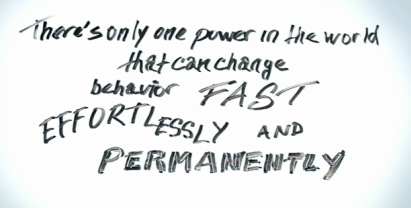Using Play to Shift Employee Health Behaviors
 Achieving lasting behavior change when it comes to the way we eat, get physical activity, use drugs (prescribed or not), manage stress and deal with the chronic health conditions we may have is a major social and economic priority in the US. As traditional approaches have failed, innovative behavior change services are emerging. Many are based on good cognitive design.
Achieving lasting behavior change when it comes to the way we eat, get physical activity, use drugs (prescribed or not), manage stress and deal with the chronic health conditions we may have is a major social and economic priority in the US. As traditional approaches have failed, innovative behavior change services are emerging. Many are based on good cognitive design.
Take for example, Keas. They have built an employee wellness program around a social game that uses direct incentives, positive reinforcement, team competition and friendly but real peer pressure to drive health behavior change. Importantly, they avoid lecturing and negative reinforcement. Check out this short two minute video on the psychology behind Keas.
Clearly it is designed for how our hearts-and-minds really work. No super science and no special diet. Keas demonstrates that we already have the understanding we need to make behavior change. What is lacking are the designs and innovations that translate that understanding into outcome producing practices, products and services.
Interested to hear from readers about other service innovations that reflect good cognitive design and deliver behavior changes. One reader suggested this post on 11 wellness platforms from the Mobile Health News Blog.